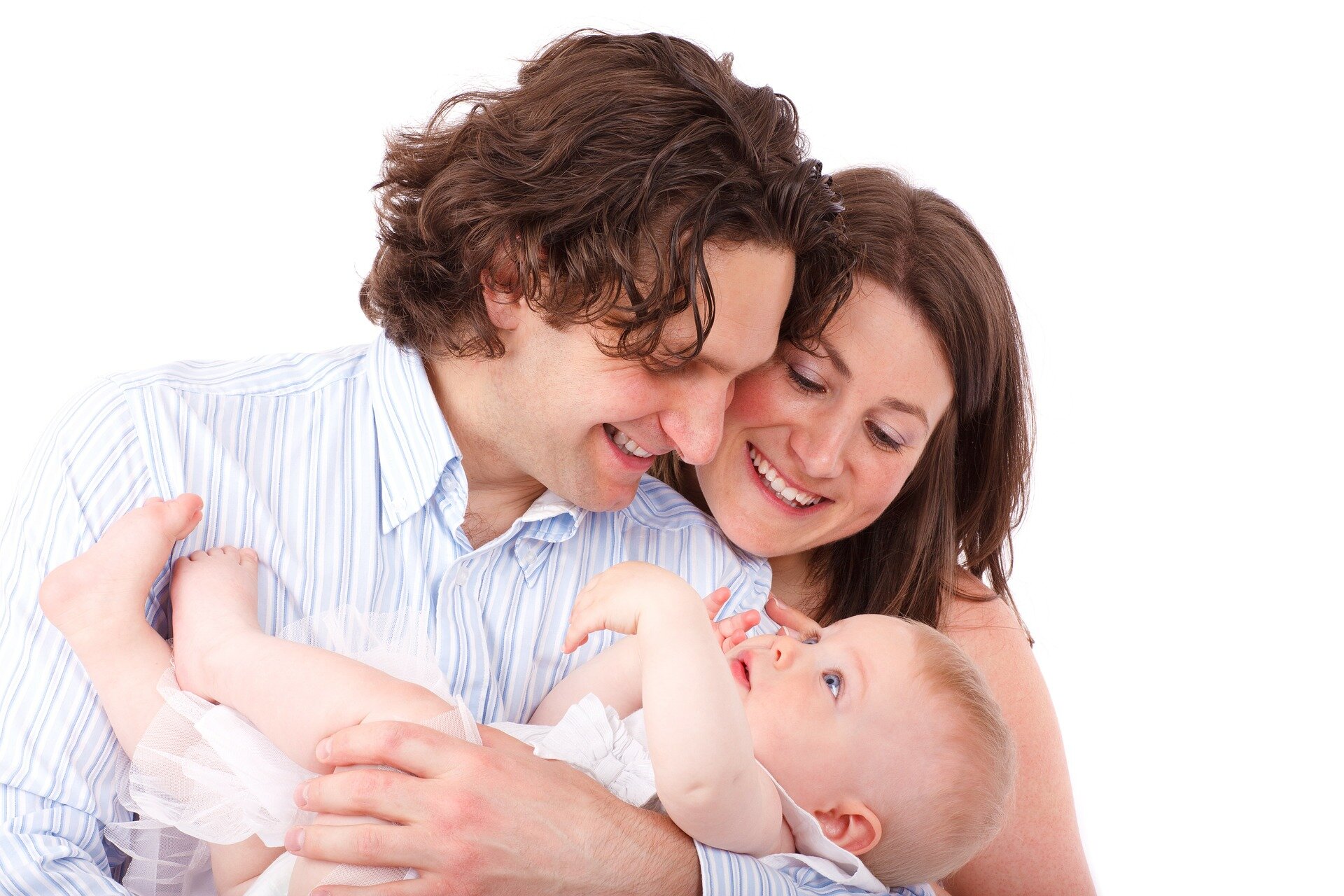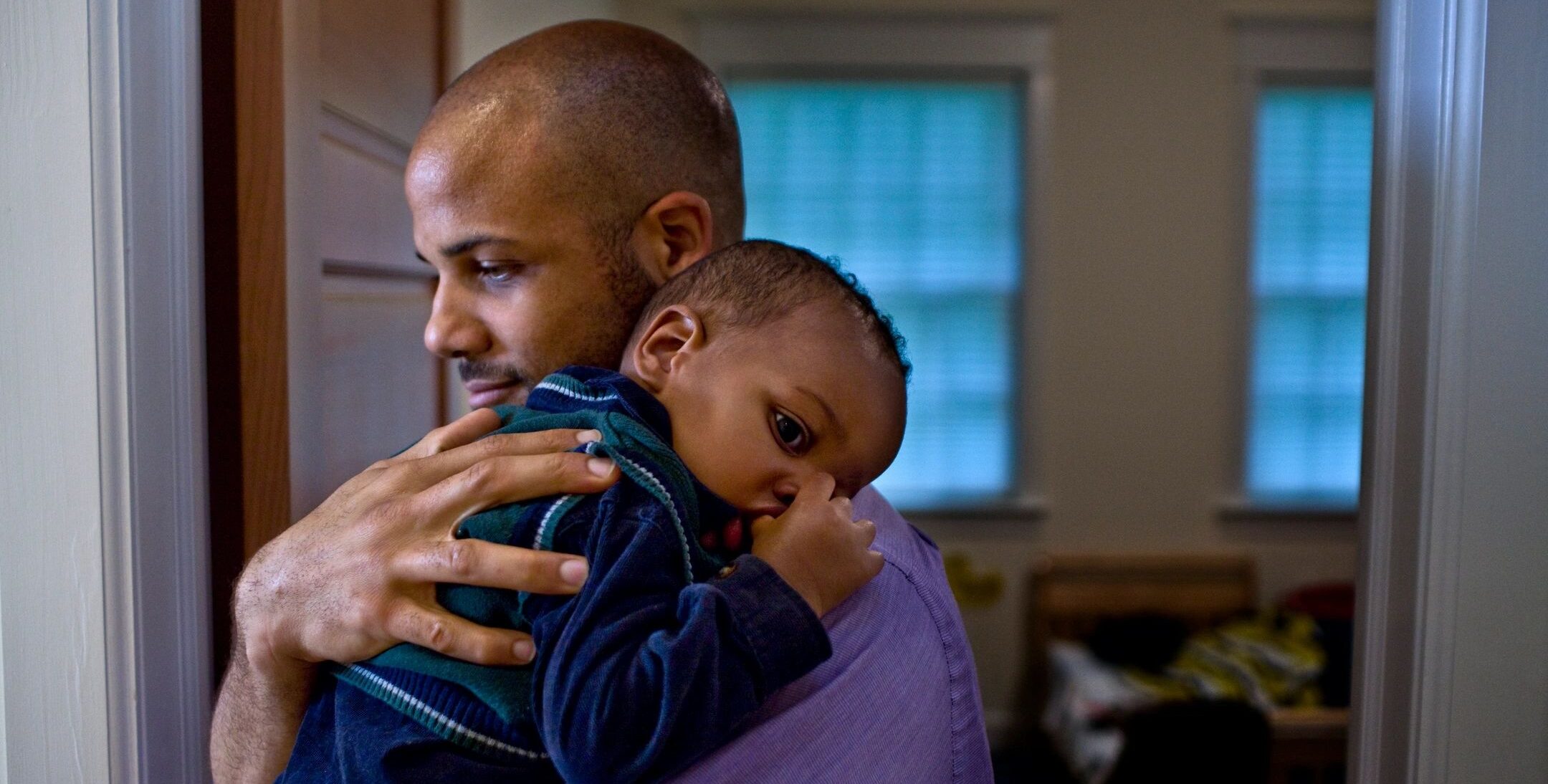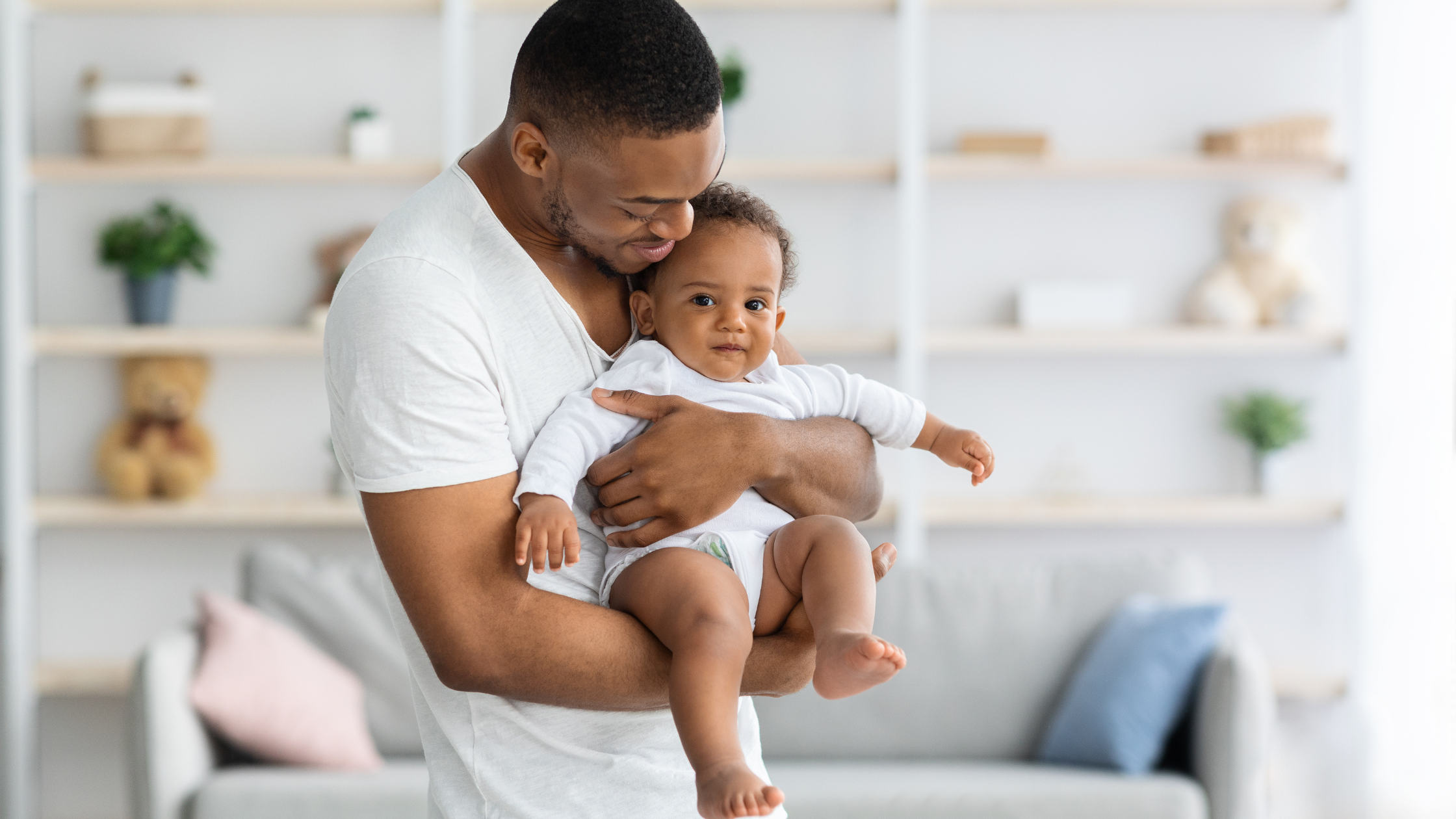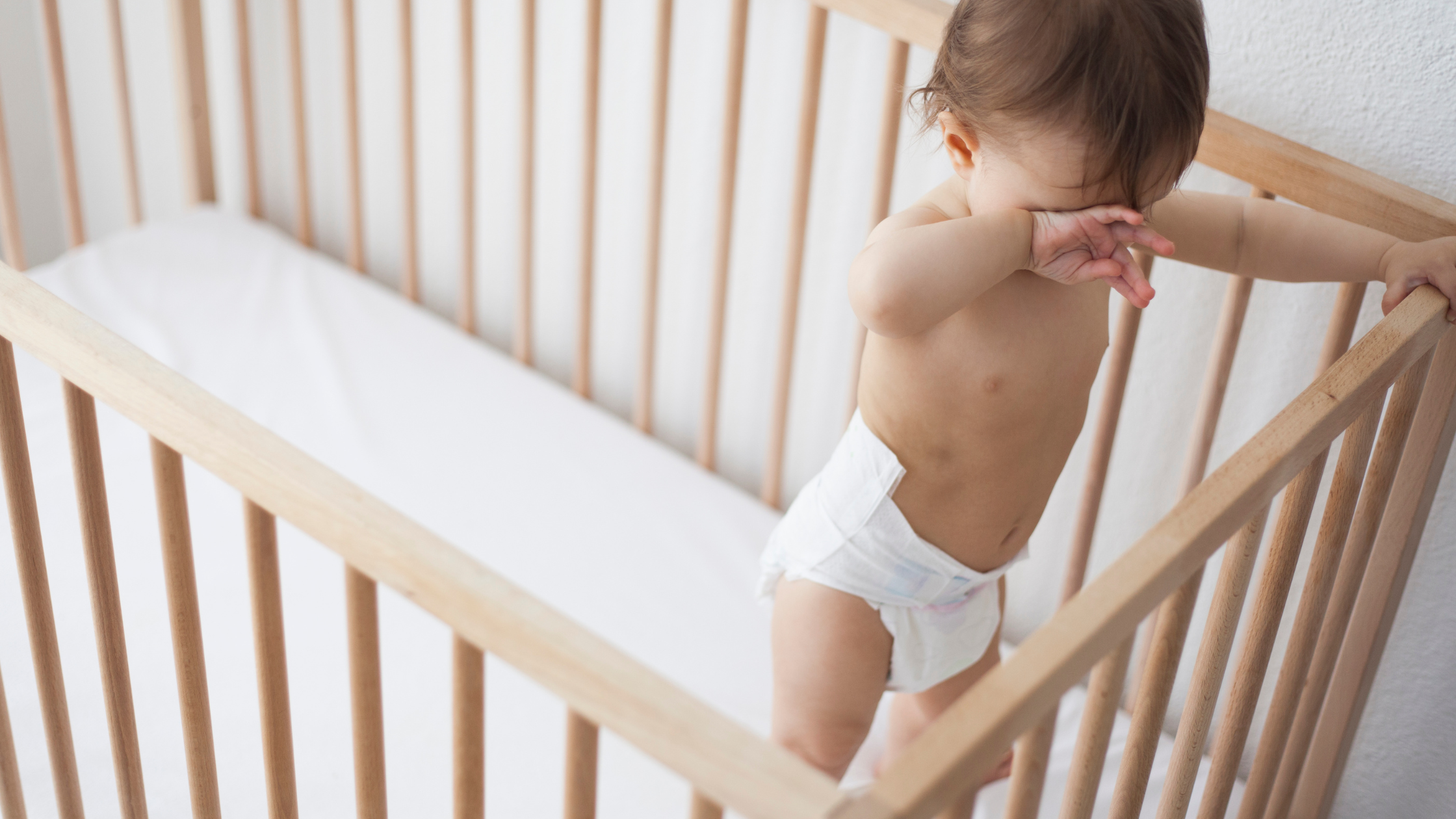Written by Dr Kimberley Bennett, Child Adolescent and Educational Psychologist, @the_psychologists_child
Belfast, Ireland.
One of my hopes, as a child psychologist, is to empower parents to trust their ancient instincts. For them to understand that, not only is it okay to respond to their babies, it is optimal to do so.
When a baby cries, a mother’s brain reacts
As all parents will have experienced, the sound of a baby crying creates a sense of urgency in us. Bornstein et al. (2017) suggest that this response is universal. Across different cultures, there are common responses to a baby’s cry both in terms of brain activation and behavioural response of parents. The sound of your baby’s cries activates areas of the brain associated with movement and speech; it primes you to pick up and talk to your crying infant. This evidence suggests that we have hard-wired responses to our child’s distress. Mothers perceive the sound of their infant crying as an “emotionally important signal” which prompts immediate action; action that supports sensitive care through responding to your infant’s needs. It is believed that the hormonal shift caused by oxytocin (the love hormone that surges following childbirth and breastfeeding) is what causes the mother’s neural response to the sound of her infant in distress. Mothers are physiologically hardwired to respond (quickly) to their baby. The drive to respond to your crying baby is innate.
Holding your baby helps their brain develop
We know that a baby’s brain doubles in size during the first year of life. It is estimated that their brains are making around one million neural connections per second. Babies’ brain development is rooted in the relationship with their primary caregiver, meaning that brain connections are formed through responsive care from attuned caregivers. Research by Kok et al (2015) looked at normal variation in parental quality and concluded that parental sensitivity during infancy is related to markers of more optimal brain development. In this particular study, parental sensitivity was observed when the child was between 1 and 4 years of age. Responsive care was positively associated with larger total brain volume and larger gray matter at age 8. Essentially, they found that sensitive care is nourishing for our children’s brains. Providing sensitive and attuned care to your child is literally building connections in their brain. Responsive care helps shape the person that your baby becomes.
Does holding a baby also have an impact on a father’s brain?
As mentioned above, oxytocin, which is involved in the formation of parent-infant bonding, is released in moms following childbirth and during breastfeeding, but can it be released in fathers as well? Yes, it can! Interestingly, oxytocin levels increase in dads depending on the interaction they have with their baby. It appears that when a father interacts with their baby in a “stimulatory contact” (through stimulatory touch and exploratory play) oxytocin levels rise more than when they interact in an “affectionate contact” (cradle position and affectionate touch) (Feldmen et al 2010). It is the opposite for moms!
So, what does all of this mean in practice?
This growing body of research reassures us that there is an evolutionary and physiological reason why it doesn’t feel good to leave your baby to cry. Neither of you are designed that way! The infant cry and the caregiver response have evolved together so that the human species not only survives…but thrives! Attuned caregiving is vital – particularly in the early years. So trust your instincts and enjoy your child’s infancy. Tune out the societal fears that you are spoiling your baby. In my opinion… they are wrong. Our children are little for such a short season of our lives. There is nothing more genuine than a baby’s cry. So hold your baby, nurse your baby, enjoy your baby. Flood yourselves with oxytocin. The years are short.
References
Bornstein MH et al. (2017) Neurobiology of Culturally Common Maternal Responses to Infant Cry. PNAS E9465 – E9473
Kok R et al. (2015) Normal Variation in Early Parental Sensitivity Predicts Child Structural Brian Development. Journal of the American Academy of Child and Adolescent Psychiatry. 54 (10): 824 – 831
Feldmen R et al (2010) Psychoneuroendocrinology. Natural variations in maternal and paternal care are
associated with systematic changes in oxytocin following parent—infant contact. 35, 1133—1141
About the Author
Kimberley obtained her Doctorate in Child, Adolescent and Educational Psychology in Queen’s University Belfast. She developed a particular interest in the area of trauma and attachment during her training and furthered this interest during her work as an Educational Psychologist. Following the birth of her son, she commenced a career break and started the Instagram page, the_psychologists_child. She has a particular interest in the importance of sensitive and responsive care during infancy and believes that’s parents deserve access to evidence-based information and advice.













